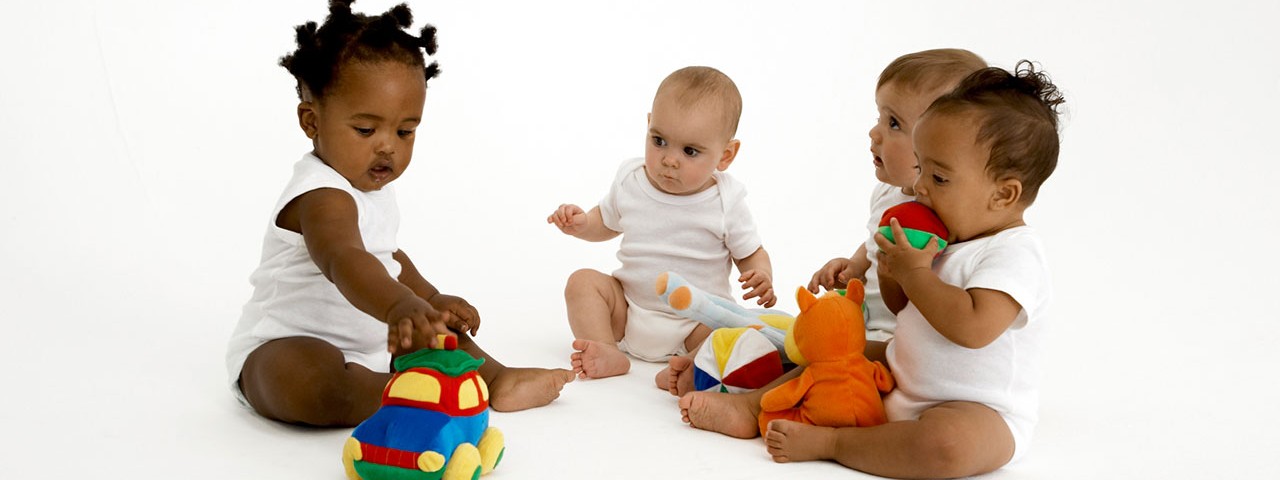Milestones: Understanding Your Child's Growth
- Tweet

This month, we'll be focusing on developmental milestones—the things most children can do by a certain age. But it's important to remember that children do not develop according to a predetermined schedule. There is a great deal of natural variation in when children reach a certain milestone.
Before a baby understands his parents' words, he is learning important lessons! Tweet this!Keeping this in mind, however, milestones can provide parents with valuable cues about their children's development. Throughout January, we'll be providing readers with information about healthy development, how to promote it, and how to know when a child may have a developmental problem.
Parents play an important role in children’s mastery of early social and emotional skills.
Even before a baby can understand what his parents are saying, he is learning important lessons from their tone of voice, their facial expressions, and their body language. Sensitive parenting, positive feedback, and emotional support are necessary ingredients for a child's social and emotional development.
Accurate information about milestones can enhance the effectiveness of parenting.
Being a good parent doesn't require a specialized degree in early development. But being well-informed can help you be more effective at ensuring that your child enjoys the appropriate experiences he needs in order to reach his potential.
Well-informed parents tend to have realistic expectations about what children can do and learn at various stages of development. Parents who are familiar with developmental stages and milestones judge their children's progress accurately, have realistic expectations, and provide stimulating home environments.
Parents without such knowledge often expect too much from their children, which can lead to impatience, anger and inappropriate discipline. They may also expect too little: not knowing what their children are capable of at a given age, they're unlikely to challenge them to reach their potential.
Below is a partial list of social and emotional milestones from the first year of life:
Birth to One Month
- Responds positively to familiar caregiver
- Makes eye contact
One to Three Months
- Smiles at the sound of familiar voices
- Cries to demand attention
Three to Six Months
- Babbles and laughs to get adult attention
- Pays close attention to older children and their actions
Six to Nine Months
- Distinguishes voices of important, familiar people
- Distinguishes emotions of others by tone of voice
Nine to Twelve Months
- Begins to show anxiety upon separation from familiar adults (separation anxiety)
- Initiates and shows delight in social play
